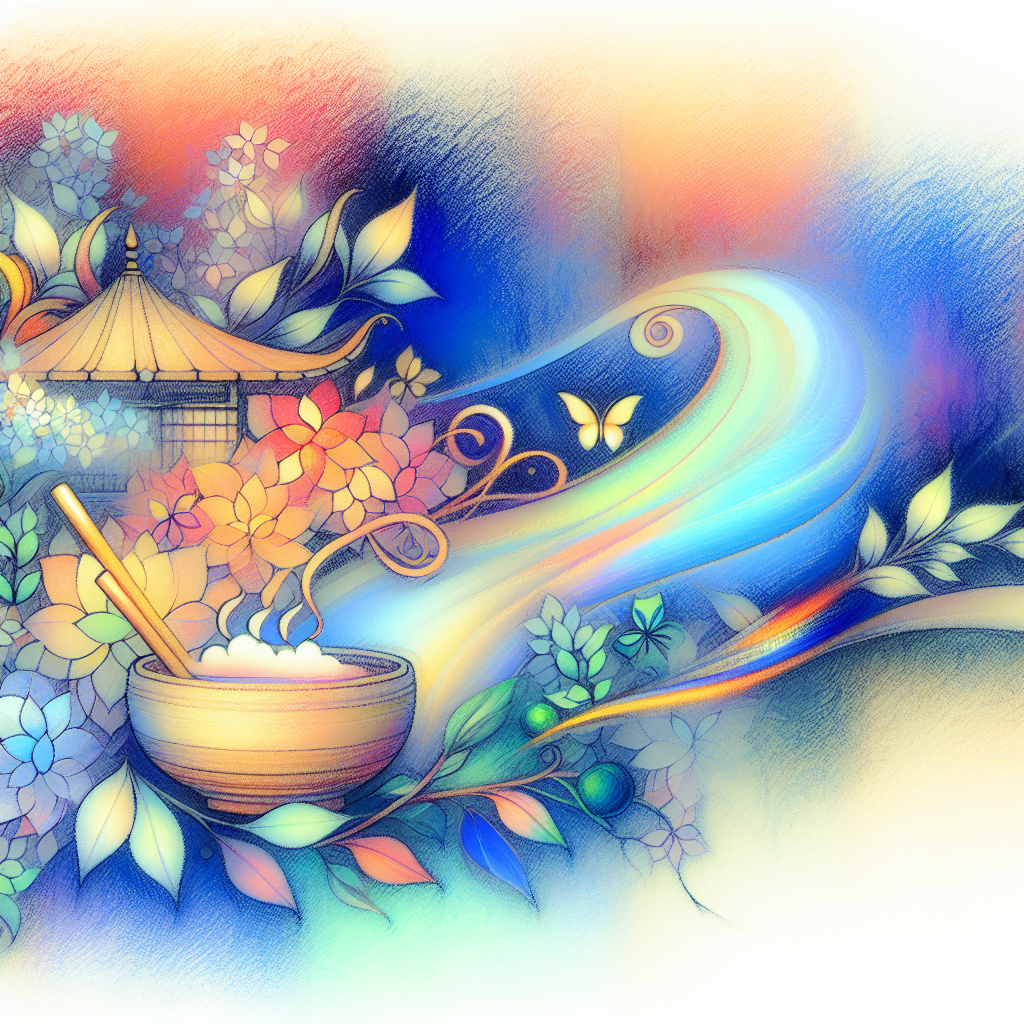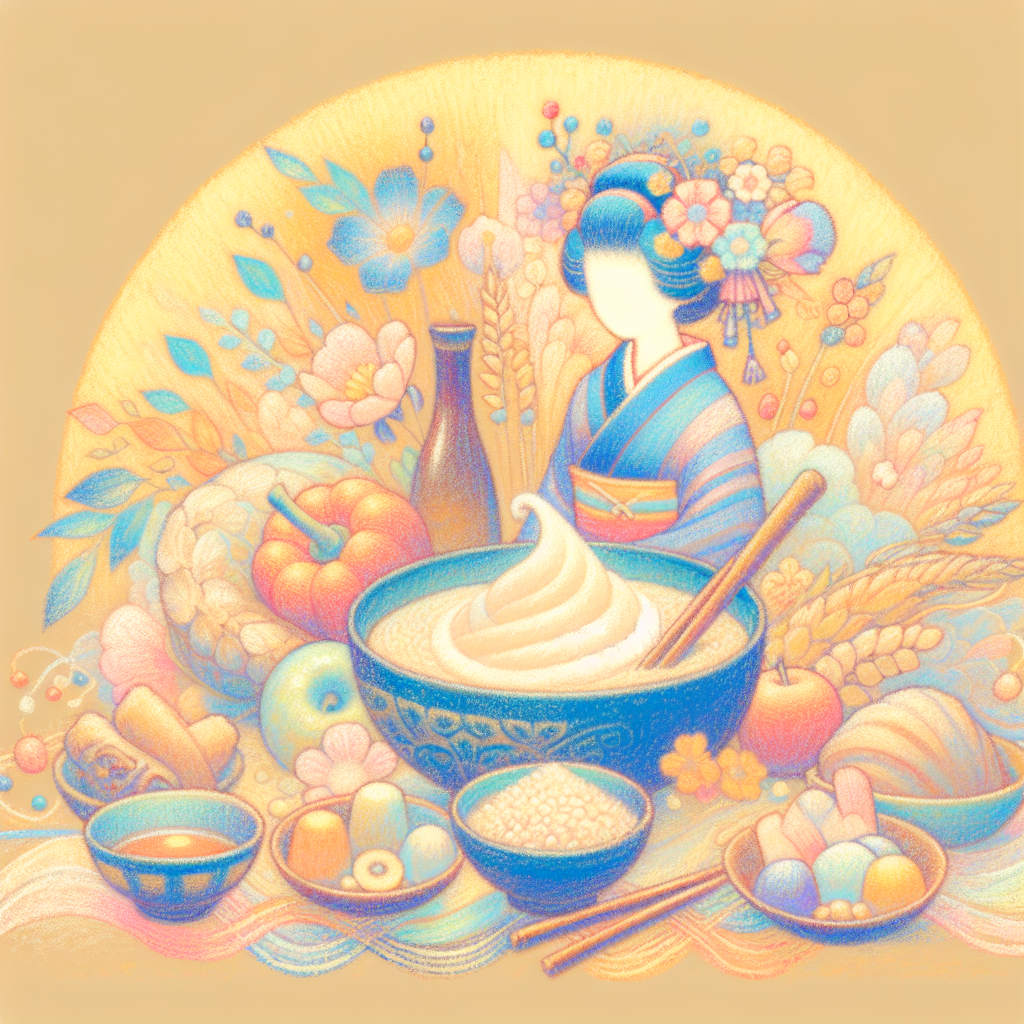Embracing Nature: The Spiritual Essence of Japanese Cuisine
The Divine Connection: How Japanese Meals Honor Nature and Spirituality Japanese cuisine is globally celebrated for its delicacy and profound meaning. At the heart of Japanese meals lies a deep respect for nature and spirituality. This article explores how Japanese culinary traditions honor these elements and how they shape the broader Japanese culture. Embracing Nature with Seasonal Ingredients One distinctive feature of Japanese cooking is its emphasis on seasonal ingredients. The term "shun" refers to those ingredients that are most delicious and nutritious at a specific time of year. In spring, you can savor fresh mountain vegetables and bamboo shoots; summer brings a bounty of seafood; autumn offers chestnuts and…









